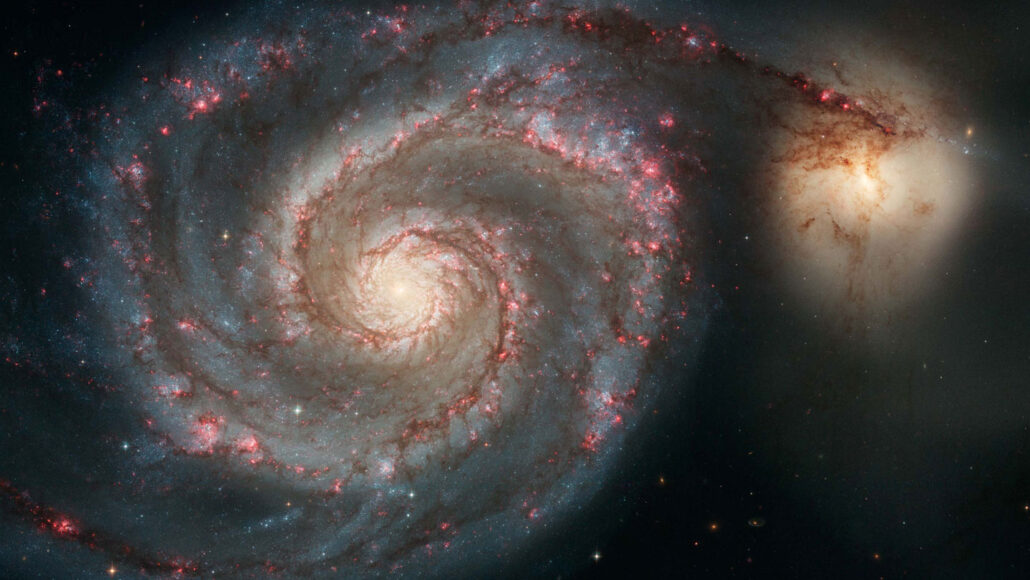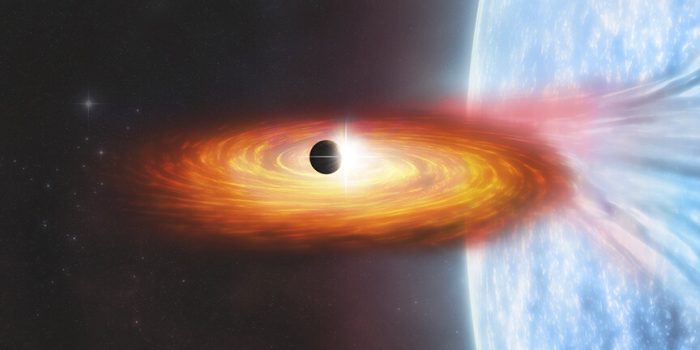There has always been a search for planets outside our own solar system. Astronomers found candidates elsewhere and now there might be a planet discovered in the Whirlpool Galaxy.
The study of this planet’s observation is published in Nature Astronomy. A reduction in the brightness has been detected in the X-ray source (XRB) known as M51-ULS-1. The source seems like a neutron star or a black hole orbited by a massive star located in the Whirlpool Galaxy (M51). According to the researchers, both objects are orbited by the potential planet. Owing to this movement, the dip in the luminosity of the x-days was detected.
“We found that one of the bright X-ray sources experienced a transit which appears to most likely due to the passage of a planet in front of it,” lead author, Dr. Rosanne di Stefano, from the Harvard-Smithsonian Center for Astrophysics, told IFLScience.

The team made use of the X-ray sources to look for the planets as the current technology was not enough. X-rays are bright enough to locate planets around them. Still, XRBs are quite variable, so dips in luminosity don’t necessarily mean the presence of a planet.
“It is a large job so we also have been screening for other interesting effects as well. It is absolutely true though that one of our main goals was to search for evidence of planets” Dr. Di Stefano explained to IFLScience.
The object was seen producing this eclipse just once. For surety, more instances would be required. The team is working on locating the source. It may also be possible that the eclipsing body is a substellar object like a brown dwarf, the best candidate so far is a planet with a radius comparable to Saturn.

“The detection methods used for local planets won’t work at these distances and with the high level of crowding in these distant galaxies. The very best approach is to extend the searches to find additional systems. Some of them are likely to have shorter orbital periods and repeat,” Dr Di Stefano told IFLScience.


